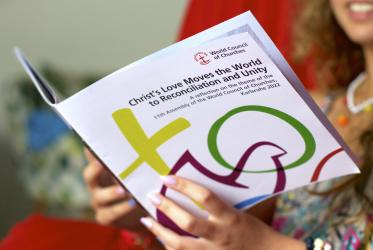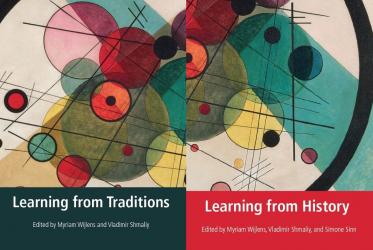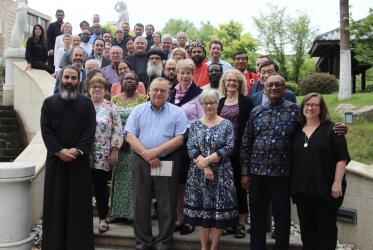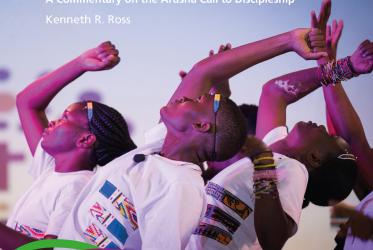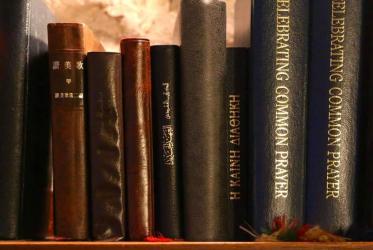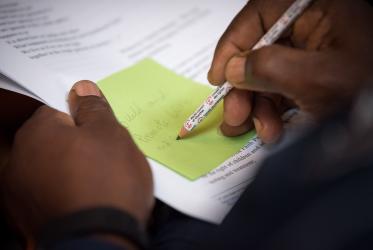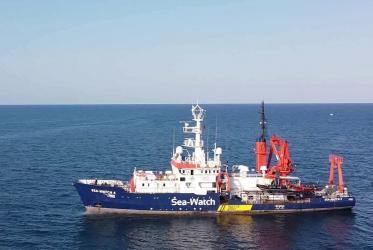Displaying 61 - 80 of 188
WCC Faith and Order Commission to convene online
12 January 2021
Book Launch - "Mission Rediscovered: Transforming Disciples"
02 December 2020
https://www.oikoumene.org/live
Bilateral dialogue “an activity of the churches themselves”
29 October 2020
Webinar - "The role of bilateral dialogues within the one ecumenical movement: experience and results"
27 October 2020
https://www.oikoumene.org/live
WCC staff, planning together, nurture spirit of one humanity
08 October 2020
Meet Sea-Watch 4: vessel of hope, instrument of peace
12 August 2020

